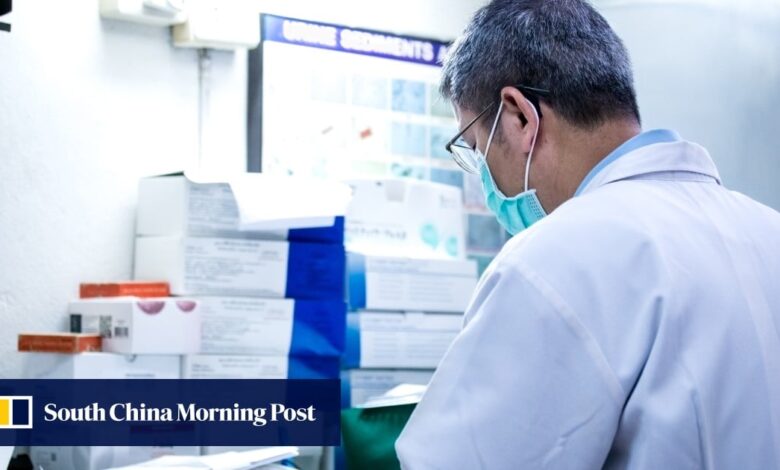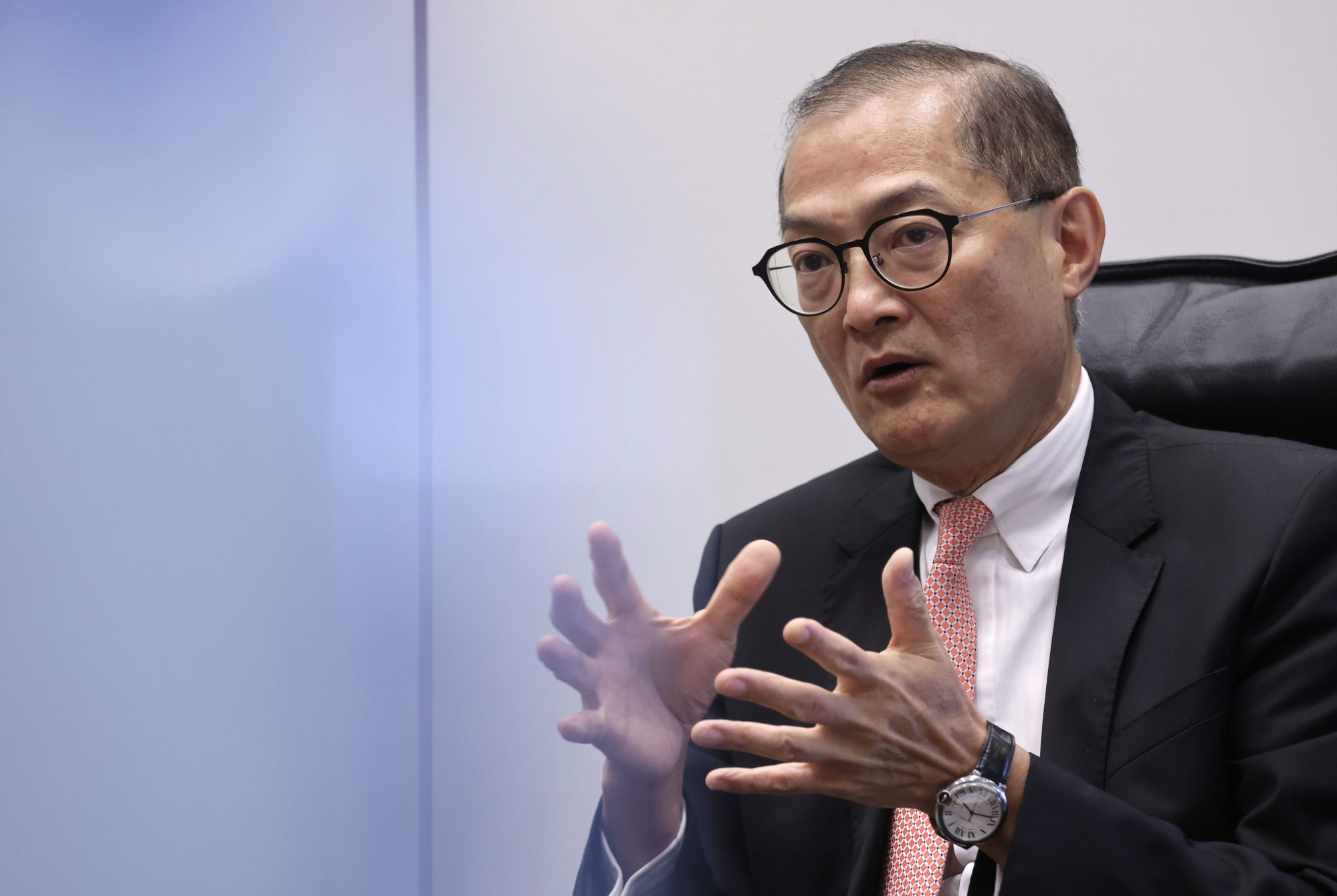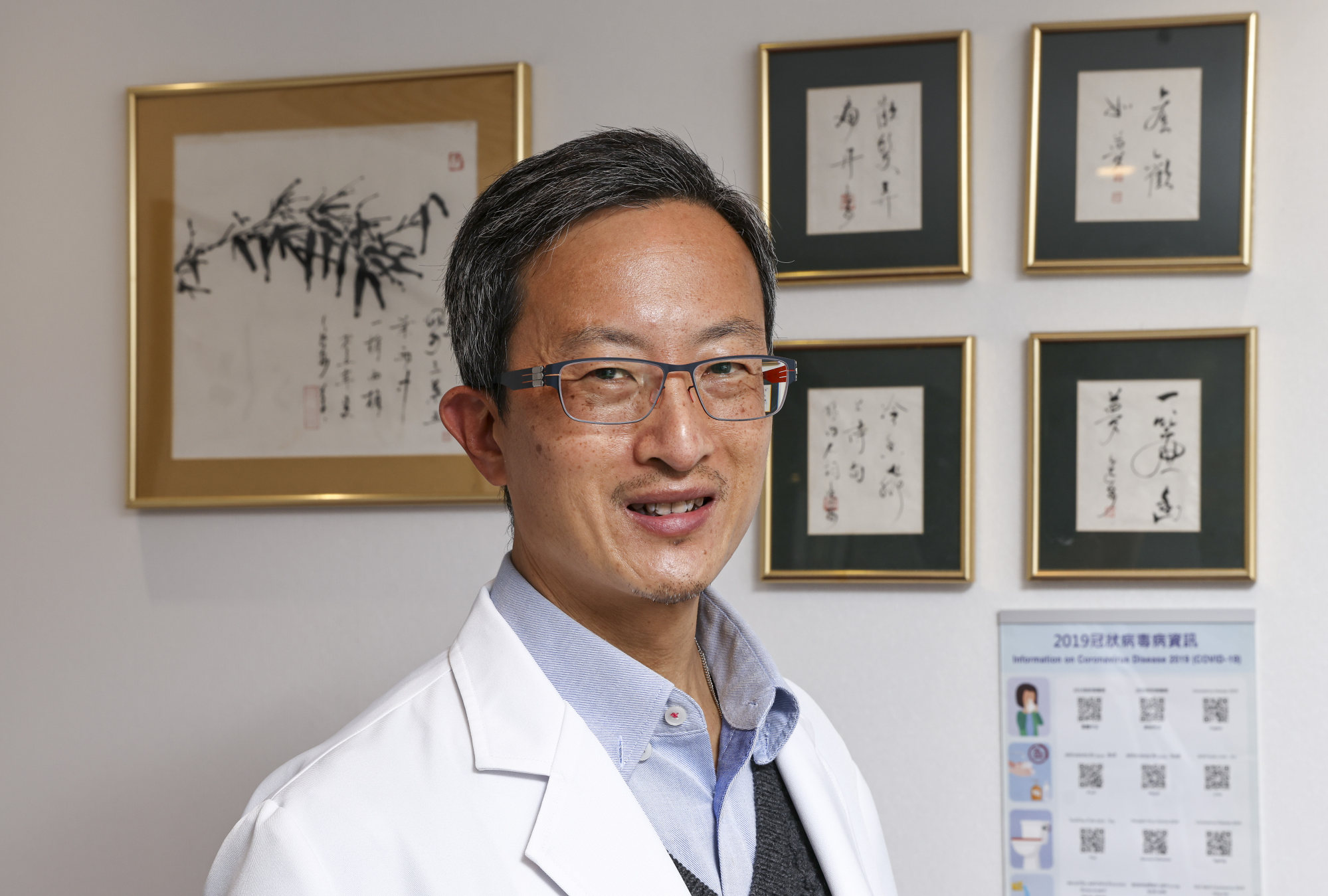Hong Kong patients could have quicker access to new drugs if authorities streamline certification process, experts say

[ad_1]
“Patients can receive new drugs faster if the required number of certificates is cut from two to one,” he said. “Most of the new drugs nowadays are immunotherapy medicines for treating cancer. With a fast drug approval process, patients can receive better treatments sooner.”
Wong is also a member of the government’s Pharmacy and Poisons Board, which oversees the registration and classification of pharmaceutical products.
To ensure the safety of new drugs, he suggested that authorities ask drug companies for local clinical data after giving initial approval based on only one registration certificate.
Hong Kong currently runs a “secondary evaluation” system for drug approvals, relying on registration approvals by 36 regulatory bodies in mainland China and overseas.
A pharmaceutical firm can apply to register a drug for use in Hong Kong after gaining approval from two or more of the 36 bodies.

Wong said a faster approval process would encourage drug companies to come to Hong Kong for product development and approval.
Making local clinical data a requirement for approval could also promote Hong Kong’s biomedical research and produce useful data about the Chinese population, he added.
Tsang Kin-ping, the chairman of patient group Rare Disease Hong Kong, agreed that requiring one less registration certificate would give patients earlier access to new drugs.
“Patients often have to wait around a year for a drug to get approved. After arriving in Hong Kong, an approved drug must wait for the Hospital Authority to include it in the Drug Formulary or even the Community Care Fund,” he said.
The Community Care Fund provides financial help to patients to cover medicines.
UK drug giant AstraZeneca to set up research base in Hong Kong: Paul Chan
UK drug giant AstraZeneca to set up research base in Hong Kong: Paul Chan
But Tsang said faster approvals might not necessarily mean lower prices of drugs, as it would depend on demand and competition in the market.
He said patients might have cheaper options if the authorities made it easier for drugs developed in mainland China for rare diseases to be registered in Hong Kong.
William Chui Chun-ming, president of the Society of Hospital Pharmacists, said he supported reducing the number of certificates needed for drugs treating cancer and rare diseases.
“Many patients in Hong Kong cannot afford expensive drugs,” he said.
“A faster approval process means the public has more choices and there is more competition. Also, drugs made in mainland China can be up to 50 per cent cheaper than Western medicines.”
He suggested conducting a local review to ensure the safety, efficacy and quality of new drugs approved with only one certificate.
‘We should no longer be followers’: Hong Kong scientists back drug regulator plan
‘We should no longer be followers’: Hong Kong scientists back drug regulator plan
Sabrina Chan So-kuen, senior executive director of the Hong Kong Association of the Pharmaceutical Industry, said the city could learn from Singapore which had various routes for approving new drugs.
They could be cleared through a primary review, having a single certificate with additional conditions, and two certificates.
“We should have a multi-route system, instead of replacing the current system, to ensure flexibility and choice from pharmaceutical companies as applicants,” she said.
If approval was based on a single certificate, she said, there could be additional conditions such as a shortened local clinical trial, a set of big data, a risk management plan or recommendations from local experts.
“It is important to have a registration system with high efficiency, predictability, professionalism that is on par with international standards,” she said.

However, medical and health services sector lawmaker Dr David Lam Tzit-yuen said more consideration was needed before drugs from the mainland and overseas could be registered with only one certificate.
“It is true that it can provide cheaper drug options for patients, but we have to consider how people will look at our international standing as we have been using two certificates,” he said.
He said that in the short term, authorities could adopt the change for Hong Kong-developed drugs as a means to boost the city’s biomedical development.
“With time, when our system is mature and we are experienced in approving our own drugs, we may have the ability to review the raw data ourselves without relying on approvals from other places,” he said.
In a reply to the Post, the Department of Health said the city’s Pharmacy and Poisons Board would be guided by the principle of ensuring safety, efficacy and quality as it observed the situation and reviewed the regulatory and registration arrangements for drugs.
[ad_2]
Source link





